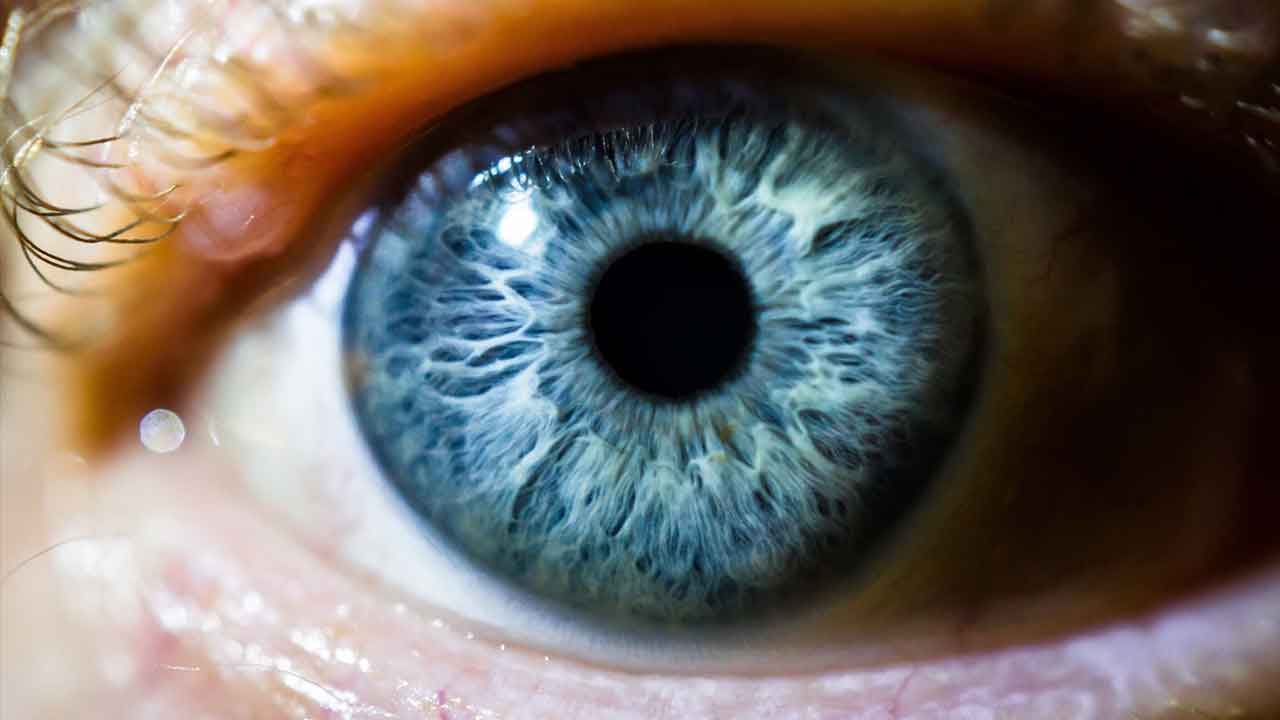Your eyes could predict your risk of heart disease

As well as being windows to the soul, your eyes could indicate your risk of developing heart disease according to new research.
Scientists have developed imaging powered by Artificial Intelligence (AI) that can predict cardiovascular disease and death just by looking at the network of veins and arteries in your retina.
Their findings could pave the way for a non-invasive and highly effective test that could replace the blood tests and blood pressure measurements currently used.
With previous studies finding that the width of the tiny veins and arteries in the retina may be an accurate, early indicator for circulatory diseases including heart disease, cardiovascular disease, stroke, and heart failure.
But, it was unclear whether these findings apply to both men and women, prompting the researchers to develop an AI-enabled algorithm called QUARTZ (QUantitative Analysis of Retinal vessels Topology and siZe) to develop models for assessing whether combining imaging of the retina with known risk factors could predict vascular health and death.
They then applied models the algorithm created to retinal images of 88,052 people that are stored in the UK’s BioBank, as well as 7411 participants in the European Prospective Investigation into Cancer (EPIC)-Norfolk study, which tracked the health of participants for seven to nine years.
The predictive model used known risk factors, including smoking, medical history, and age and was able to identify two-thirds of the participants who later died of circulatory disease who were most at risk.
With retinal imaging already being common practice in the UK and US, the researchers argue that using changes to the retina and AI has the potential to reach a greater portion of the population than current testing methods.
“[Retinal vasculature]is a microvascular marker, hence offers better prediction for circulatory mortality and stroke compared with [heart attack] which is more macrovascular, except perhaps in women,” they write.
“In the general population it could be used as a non-contact form of systemic vascular health check, to triage those at medium-high risk of circulatory mortality for further clinical risk assessment and appropriate intervention.”
Drs Ify Mordi and Emanuele Trucco of Scotland’s University of Dundee wrote in a separate editorial that using changes to the retina to inform overall cardiovascular risk is “certainly attractive and intuitive” but is yet to form part of clinical practice.
“Using retinal screening in this way would presumably require a significant increase in the number of ophthalmologists or otherwise trained assessors,” they write.
“What is now needed is for ophthalmologists, cardiologists, primary care physicians and computer scientists to work together to design studies to determine whether using this information improves clinical outcome, and, if so, to work with regulatory bodies, scientific societies and healthcare systems to optimise clinical workflows and enable practical implementation in routine practice.”
The study was published in the British Journal of Ophthalmology.
Image: Getty Images
